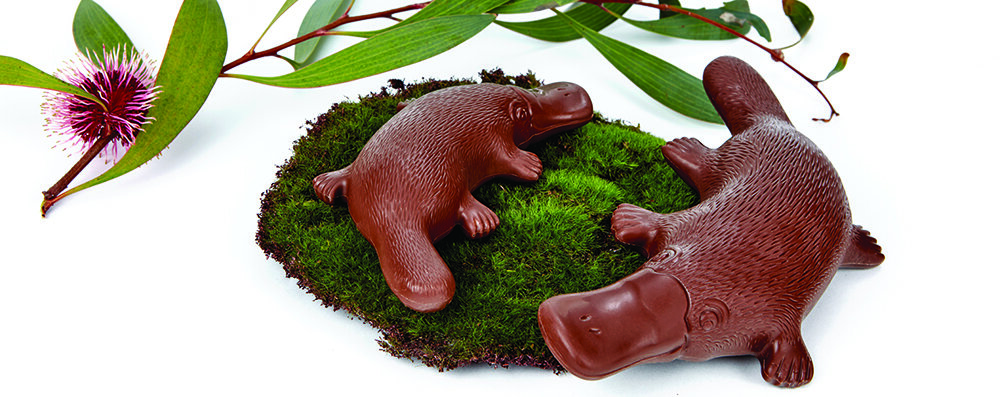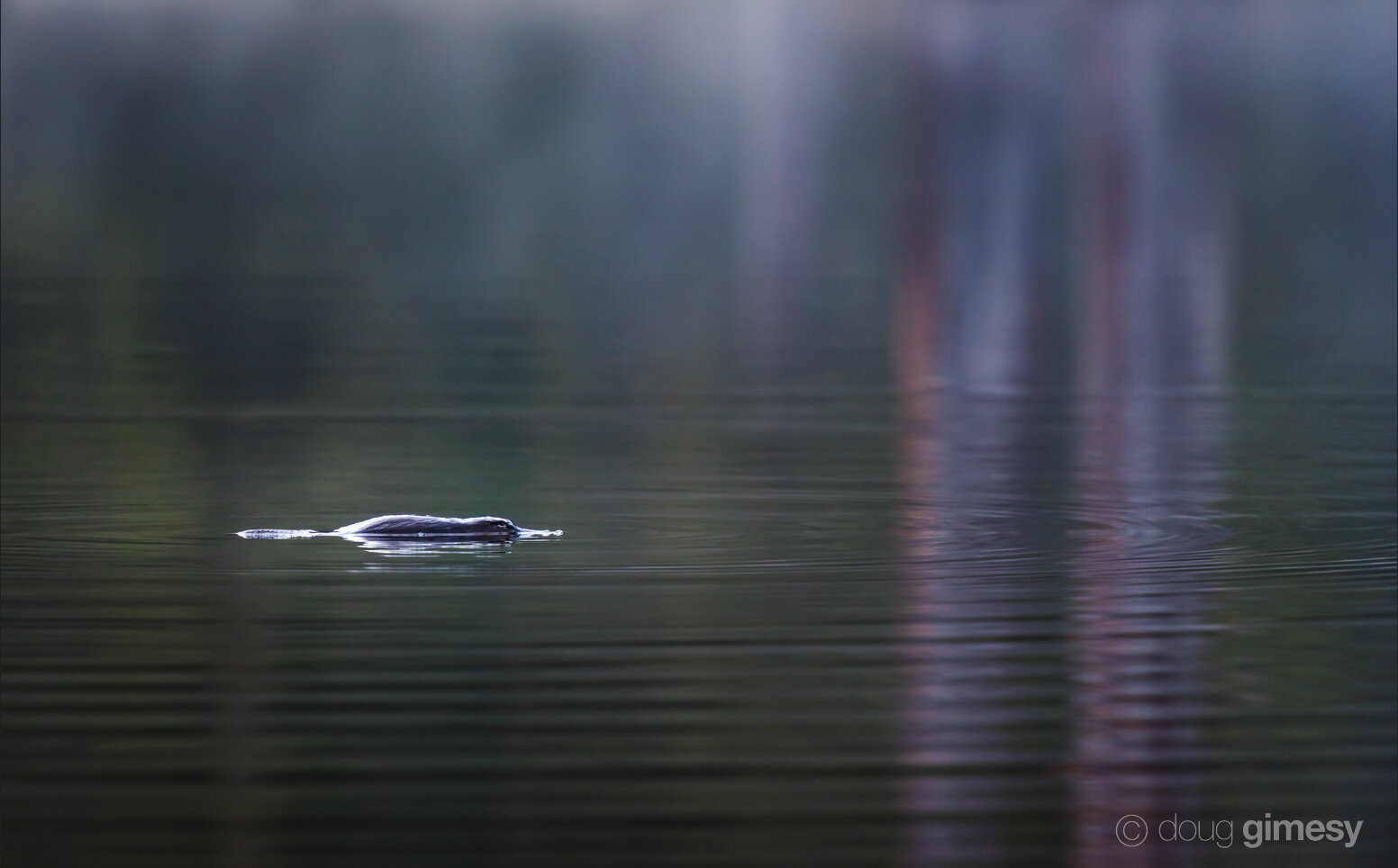
Puddles the Platypus
25% of the profit from every Puddles sold is currently being donated to the Australian Platypus Conservancy, to help with furthering the research and rescue of this fascinating species.
Did you know the platypus, or duck-billed platypus, is a unique Australian animal and one of only two types of mammals in the world that lays eggs (the other being the echidna)?
Found only along the eastern mainland of Australia and Tasmania, human driven impacts like population growth, land clearing, dams, droughts, bushfires and droughts have sadly been destroying their habitat, leaving them nowhere to live.
Over the last 30 years their habitat has shrunk by over 20%, or about 200,000 square kms – that’s an area nearly three times the size of Tasmania! Recently listed as vulnerable to extinction in Victoria, some scientist now believe that they could be nationally threatened.
But we can all help.
Platy-facts
Some aboriginal names for the platypus include Matakupay, Mallangong, Tambreet, Gaya-dari, Boondaburra, Lare-re-lar.
Some Aboriginal dreamtime stories explain that the platypus came about from the mating of a large water rat with a duck.
The scientific name is Ornithorhynchus anatinus, literally meaning 'duck-like bird-snout'.
People originally thought the platypus was a fake animal
Platypus swim underwater with their eyes closed and ‘see’ using electrical sensors in their bills to find their way about and to search for food – a kind of sixth sense!
Platypus young drink their mother’s milk by licking it off their skin.
Platypus can visit several burrows in one night.
Platypus dive limits are around 2–3 minutes.
Platypus lay eggs, have very small stomachs and adults have no teeth. They grind their food with hard tooth-like structures (made from keratin) that replace the teeth.
Male platypi have venomous spurs on their back ankles – they are one of the few venomous mammals.
As one of the top predators in many Australian waterways, platypuses help maintain ecosystem balance and water health.
IN THE NEWS
-

Platypus population collapse blamed on Bathurst council not releasing water from dam
-

The plight of the platypus
-

Scientists petition Australia to protect the platypus
-

South Australia to phase out opera house nets
-

'Glum future for the platypus': why the elusive mammal is disappearing under our noses
-

Australia's platypus habitat has shrunk 22% in 30 years, report says

“Platypus are one of the most interesting animals in the world… we just can’t allow this iconic Australian species to become extinct… we just can’t”
— Quote and image courtesy of Doug Gimesy, Wildlife and Conservation Photographer
How can you help?
Every one of us can help save the platypus
For example you can:
Use less water
The water we use in our homes and gardens can come from rivers where platypus live – so the less water we use, the more there is for platypuses.Keep rivers healthy and clean
Pick up any plastic rings, rubber bands or hair ties you see, even those on the street. Rubbish can get washed into rivers and platypuses can get tangled in them. Try to pick up one piece a day.Help those who help the platypus
Throughout Australia there are many people working to help save the platypus. These range from national organisations like the Australian Conservation Foundation, who are working to get stronger environmental laws, to small local groups who are working to protect their local population in some way. You can also help the platypus by supporting or working with these organisations (see below for a list!)
Groups working to protect the Platypus
National
Australian Conservation Foundation – https://www.acf.org.au/platypus
platypusSPOT – https://platypusspot.org
VIC
Platypus Education Group – https://www.platypuseducation.com
The Australian Platypus Conservancy – https://platypus.asn.au/
QLD
PlatypusWatch Queensland – https://wildlife.org.au/platypuswatch/
Watergum Platypus Watch – https://watergum.org/platypuswatch/
TAS
Hobart Rivulet Platypus – https://hobartrivuletplatypus.org
Friends of Fernglade – http://friendsoffernglade.weebly.com
Tasmanian Platypus Conservation Group https://www.facebook.com/groups/117322062235588
PUDDLES – HOW IS SHE HELPING?
We donate 25% of all the profits from the sales of puddles to those trying to help protect the platypus. Currently we are supporting APC, to fund their research into platypus habitat.


